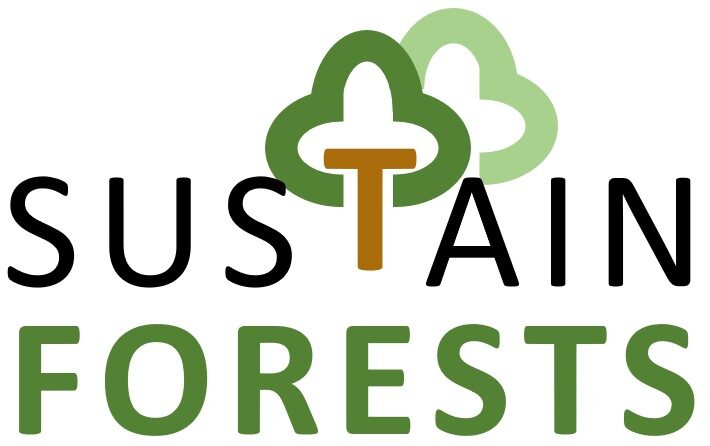PhD project: Reconciling livelihoods with the biodiversity and ecosystem health of West African forest patches – trade-offs and solution options
Tabi Eckebil Paule Pamela
Forest fragmentation has led to an ecosystem composed of forest patches embedded in predominantly agricultural landscapes. In West Africa, despite the anthropogenic activities and pressure of land degradation, forest patches persist and it has become crucial to preserve them. Yet, people living in the vicinity of these forests are often dependent on resources derived from them for their livelihoods and well-being. Forest patches are rich in biodiversity, contributing to carbon sequestration, and providing many benefits called ecosystem services. However, knowledge gaps exist concerning the specific types of ecosystem services provided by such forest patches in West Africa and how these relate to people’s livelihoods.
Therefore, this study will focus on appraising the ecosystem services, provided by forest patches in Benin, Togo, Nigeria, and Cameroon. Specifically, the overarching aims are: firstly, to assess the Forest Patches’ Contribution to Nature, Society and Culture within the Nature Future Framework (NFF), and secondly to propose ways to reconcile biodiversity and ecosystem health as well as minimise trade-offs to enhance livelihoods for human well-being in the four West African countries above-mentioned.
The expected outcomes of this research will be to fill and address the research gaps with the results defined in this work. In addition, it will attempt to propose solutions to decision-makers in West Africa, based on the evidence provided to secure livelihoods and human well-being, preserve remnant forest patches and meet the sustainable development goals (SDG).
